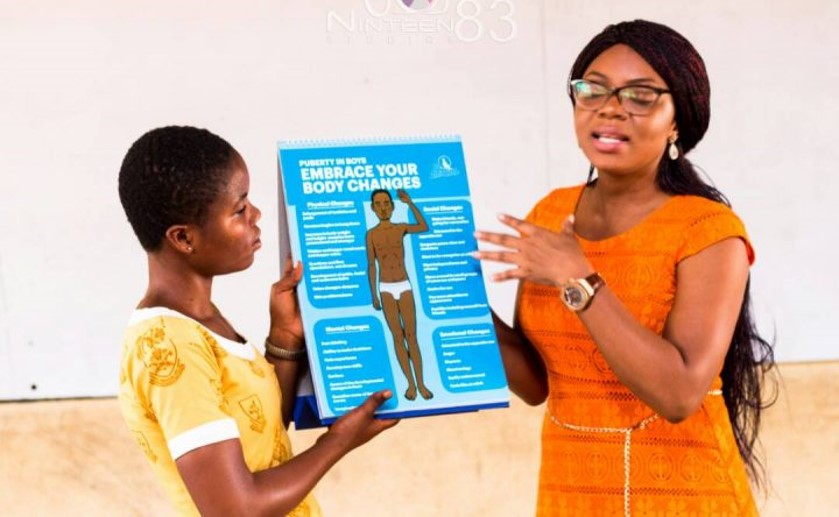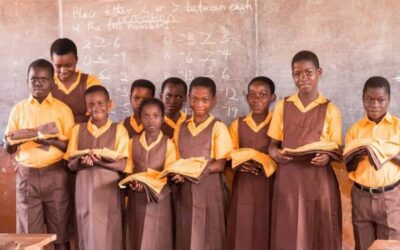Our project aims to promote menstrual health awareness and improve hygiene management for women and girls especially vulnerable girls, young women and those from disadvantaged communities. By combining advocacy, education, trainings, and the provision of menstrual hygiene kits, we seek to empower women and break the myths surrounding menstruation. This project is an integral part of Inspire to Rise’s commitment to fostering women’s well-being.
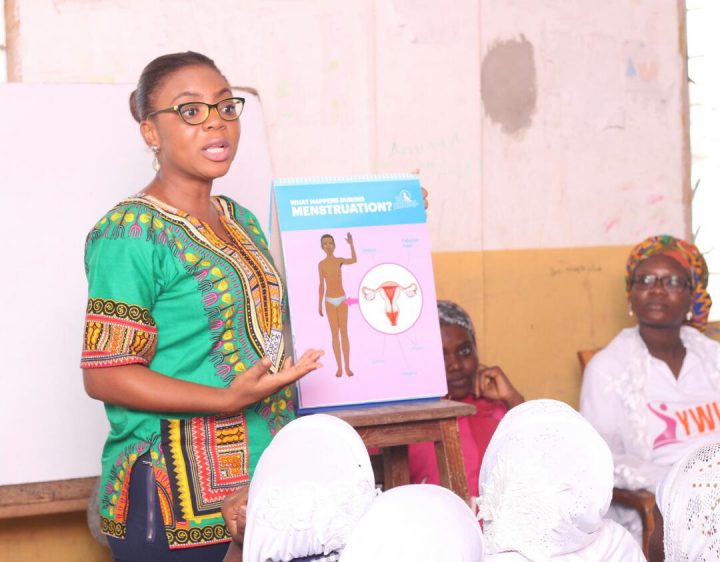
Advocacy:
We engage in extensive advocacy efforts to destigmatize menstruation and create a supportive environment for women and girls. Through public campaigns, workshops, and partnerships with local and international organizations, we aim to raise awareness about menstrual health and hygiene, challenge harmful practices, and promote menstrual equity.
Education:
Empowering women and girls begins with knowledge. We conduct educational programs in schools, communities, rural areas and cities to inform women and girls, men and boys about menstruation, menstrual hygiene practices, and reproductive health.
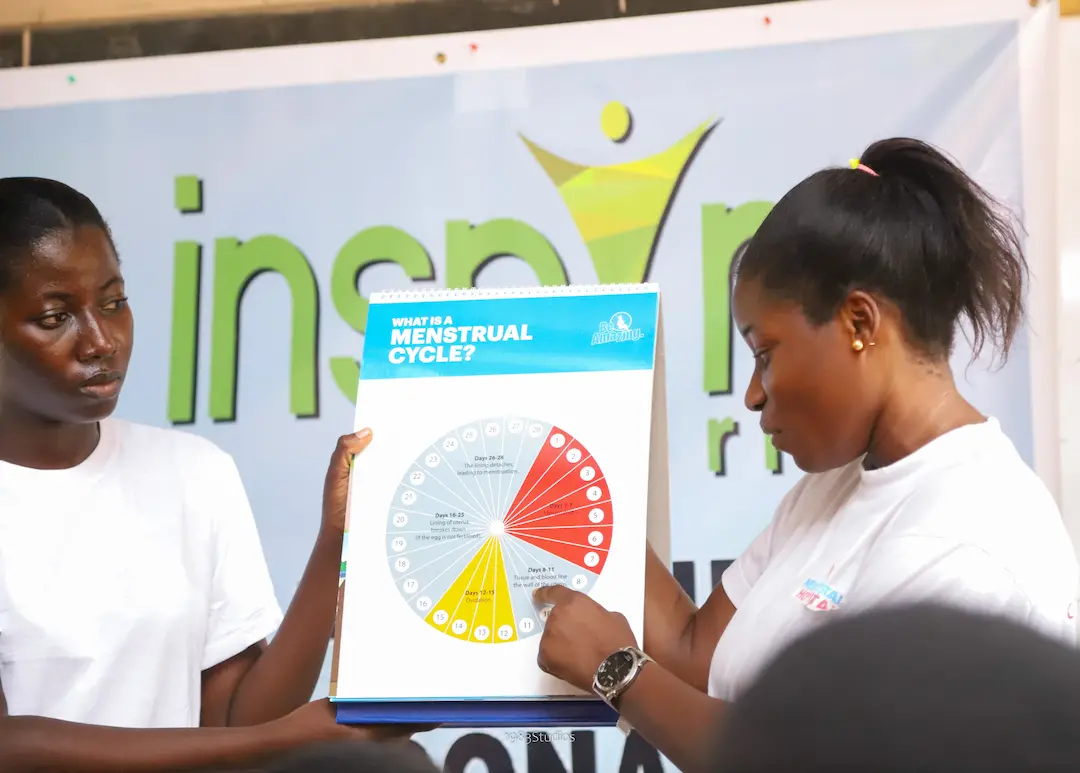
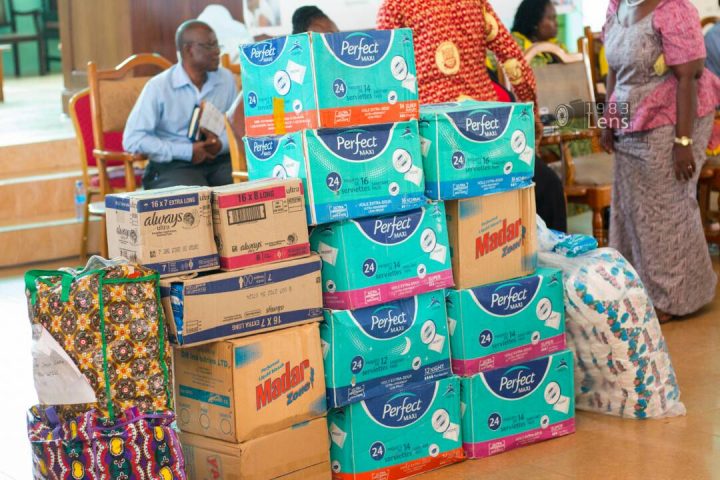
Trainings:
Training sessions will be conducted for stakeholders and volunteers to improve their understanding of menstrual health and hygiene management. By enhancing their knowledge, they can provide better support and guidance to women and girls in need, ensuring they have access to proper menstrual care resources.
Donation of Menstrual Hygiene Kits:
To address the challenge of menstrual hygiene, we distribute menstrual hygiene kits to underserved communities. These kits will include menstrual pads, reusable sanitary products, hygiene products, and educational materials. Through this initiative, we aim to ensure that no woman or girl has to compromise her health or dignity due to a lack of access to menstrual hygiene products.
Sustainable Solutions:
We understand the importance of long-term impact. Alongside the immediate provisions, we will promote sustainable solutions by encouraging the use of eco-friendly and reusable menstrual products. This will not only benefit the environment but also improve accessibility and affordability for women in the long run.

